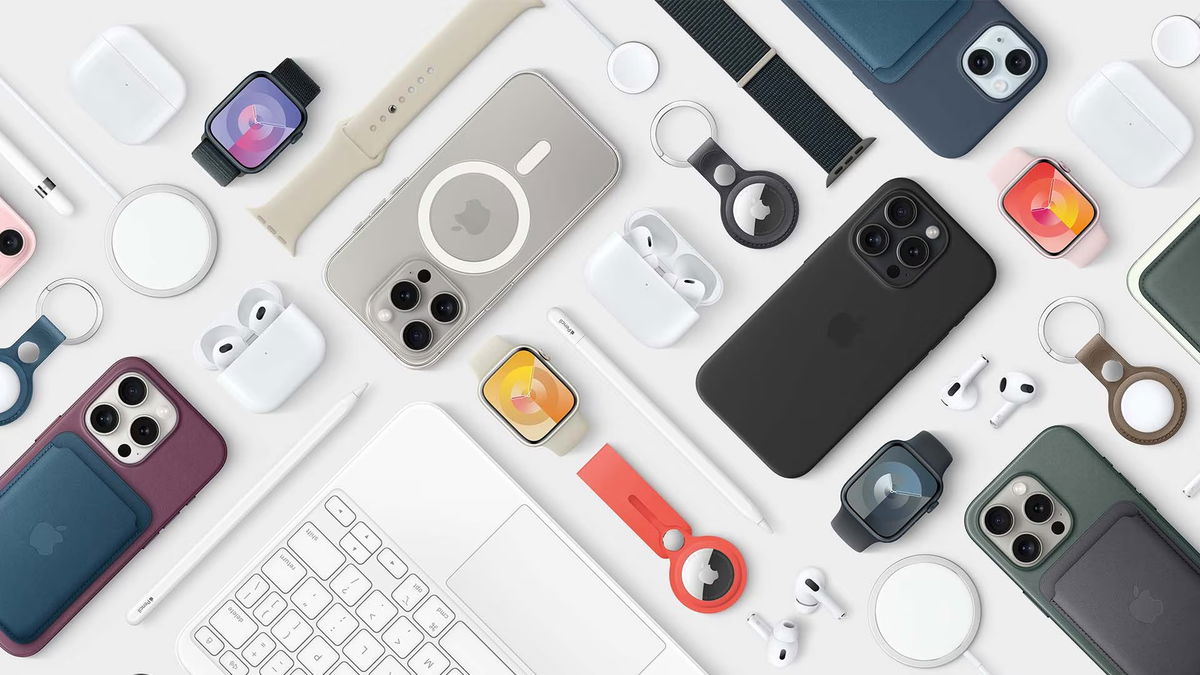Apple will allow competing browsers have their own rendering engines in iOS 17.4. The innovation is part of the system changes required to comply with new European Union regulations.
iOS is open to competing browsers, but they all must be built on Apple’s WebKit rendering engine. It’s a mainstay of Safari, just like Blink is for Chrome, Edge, and Opera, all based on Chromium.
But this rendering engine limitation means interoperability issues between programs. Extensions and plugins created for Blink are not compatible with WebKit.
However, starting with iOS 17.4, developers will be able to use other engines to power browsers. To do this, you will need to meet some criteria and commit to some rules to get authorization from Apple.
What changes?
In practice, this change opens the door to significant improvements in the experience with alternative browsers to Safari; but that’s up to the developers. For example, if Google wants to invest in Chrome for iOS, it can implement new features with deeper benefits.
at the same time side loading The change to browser regulations on the App Store will only apply in Europe. The change complies with the Digital Markets Act (DMA).
Source: Tec Mundo
I am a passionate and hardworking journalist with an eye for detail. I specialize in the field of news reporting, and have been writing for Gadget Onus, a renowned online news site, since 2019. As the author of their Hot News section, I’m proud to be at the forefront of today’s headlines and current affairs.










